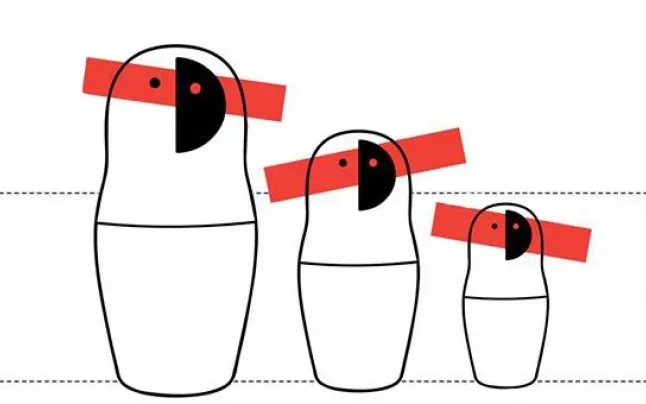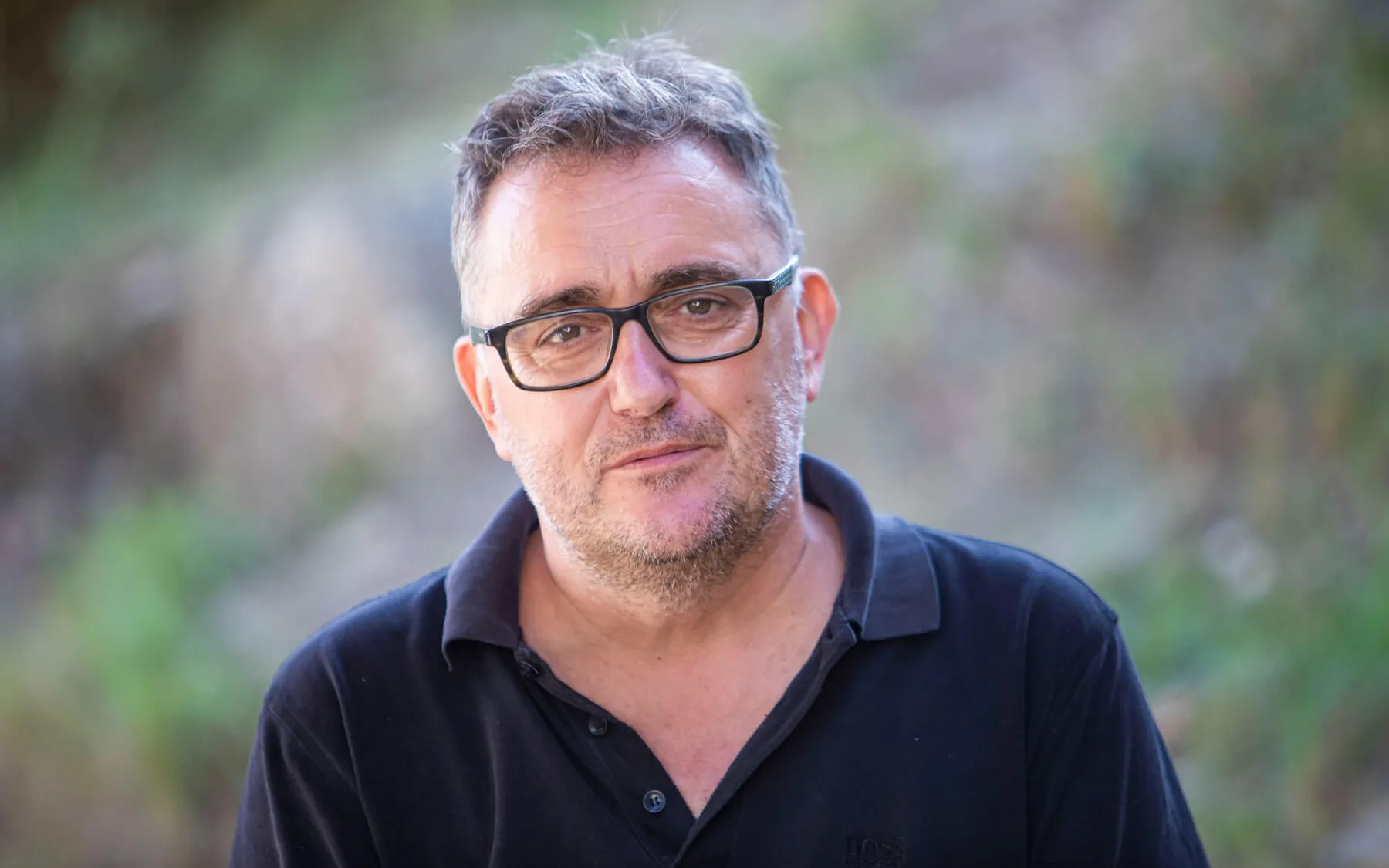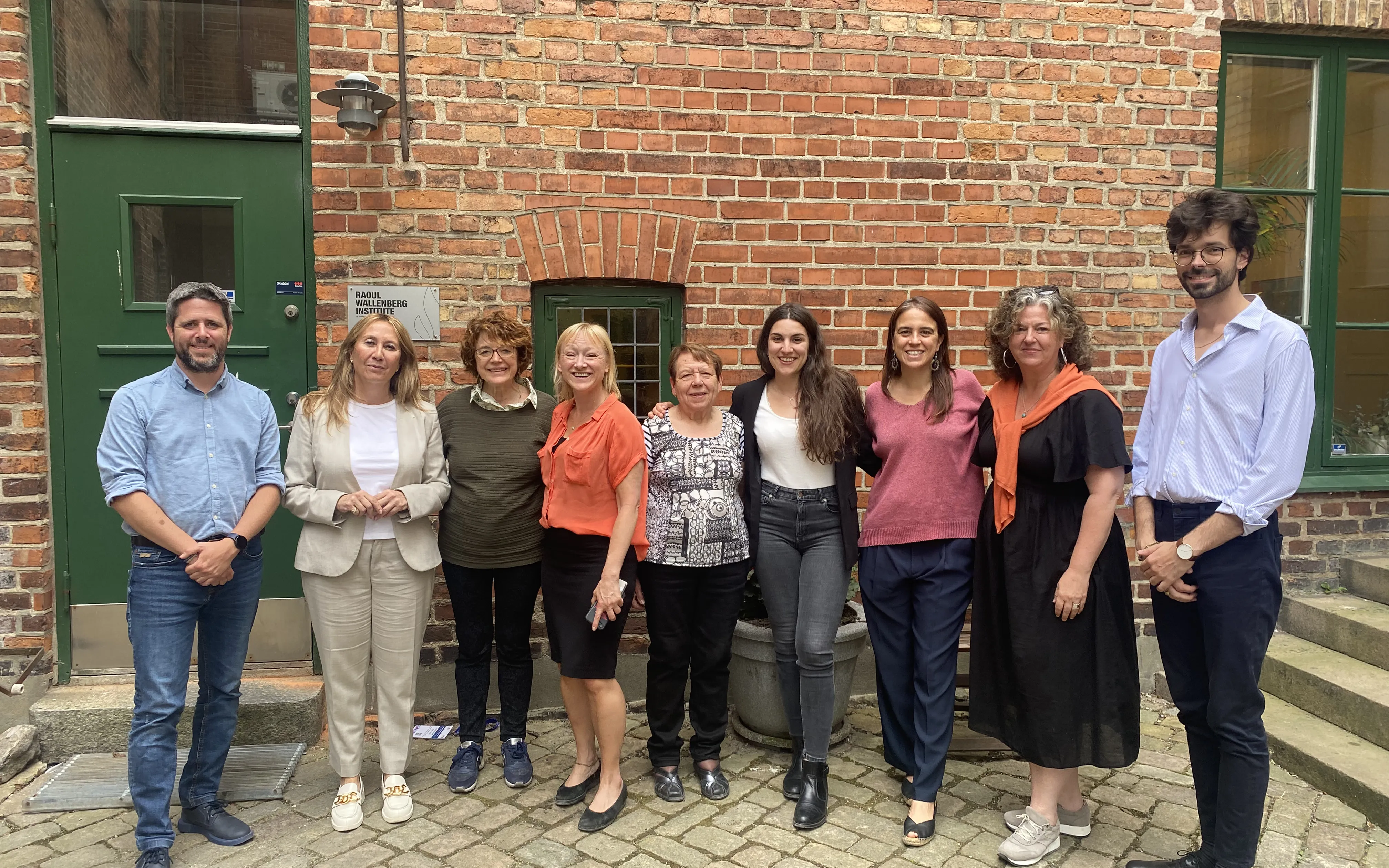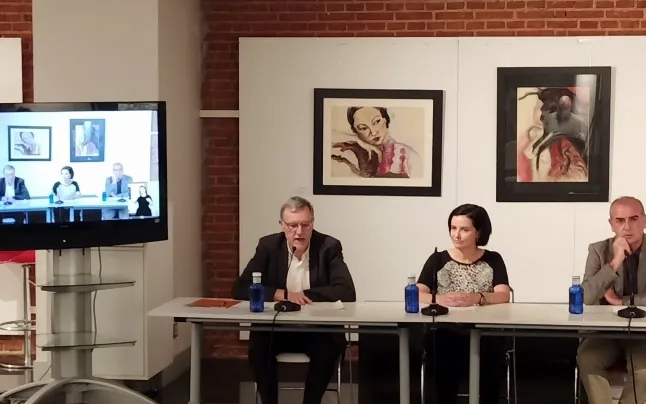Human rights defender organisations have a whole range of tools to help associations and activists protect themselves on the Internet and to fight off cyberattacks and cyberstalking.
Digital environments have become an integral part to daily activities, and are often the most important one for may sectors in society. The same is true for social organisations and movements, which have found in this field an opportunity to increase their outreach, advocacy and mobilization.
The importance and relevance of new technologies in activist environments and even the use of social media and digital tools as a tool for protest and mobilisation around the world have facilitated, on the one hand, new popular self-organisational strategies, awareness and reclaiming of rights, but they have also served as a way of control and cyberstalking that put people and groups at risk.
Websites of organisations have been sabotaged, there are people who have been identified by the police through their profiles on Twitter or Facebook, there’s also identity theft to gain access to information, to buy and sell personal information and other criminal activities that have been used to repress and harass human rights organisations and activists, among others.
“This if often overlooked in social organisations and movements, it is a way of undermining our action and affect us in the digital sphere”, says Thais Bonilla, the coordinator of the project Defender a quien defiende – DQD - (Defending the defenders). This platform works to defend human rights defenders and, among other activities, it develops training on comprehensive protection for activists and social movements on demand.
Bonilla explains that digital protection isn’t just important for the control that corporations and governments may have over our information and contacts, but also to deal with practices such as “phishing” that can actually get hold of passwords or gain access to classified documents. “Some organisations, because of the nature of their work, hold sensitive information that may be of interest for some”, she adds.
Male violence also happens online
"Harassment on social media, the self-organisation of misogynist discourse on online forums and mass spamming with messages and threats are all happening a lot against feminist organisations, and this is also having a deep impact on their work”, says Bonilla.
In this regard, the Catalan Observatory on Violence has compiled a whole series of usual practices: cyberstalking, cybercontrol and sexting, sextorsion…they are all different ways of exerting violence against women and girls on the digital platforms. “There must be protection from these threats, not only in the way of tools, because many people feel free to do whatever they like because they can remain anonymous on the Internet. There are a lot of people and organisations with links to far-right movements, religious fundamentalism and misogynists come together in digital communities to attack feminists”, Bonilla adds.
Toolkit on digital security
The international organisation Front Line Defenders, which works to protect human rights defenders around the world, has a toolkit called ‘security in a box’. This is a digital security guide for activists and human rights defenders with a whole range of recommendations on how to use social media platforms and mobile phones in a safer way, as well as instructions on how to install and use the most essential digital security software and services.
At DQD’s training sessions, Bonilla recommends some concrete tools such as Signal messenger, the Tor browser, and the importance of encrypting some emails, the use of managers such as riseup or thunderbird. “It is also about using alternative tools that are not feeding multinational corporations that then buy and sell our data or that even violate our human rights”, she adds.
Organisations working to protect activists insist on the importance of organisations to become more aware of the possibility of being attacked and to heighten security measures. “As organisations, we are often unaware that we can fall under attack. If I’m not doing anything wrong, why would somebody come after me? we ask ourselves. But sometimes you don’t need to be doing anything wrong for others to want to spy on you or gain access to your data or documents”, Bonilla explains; she concludes by saying that “We need a wake-up call for organisations protecting rights, because by protecting ourselves we are protecting the people working with us”.







Add new comment